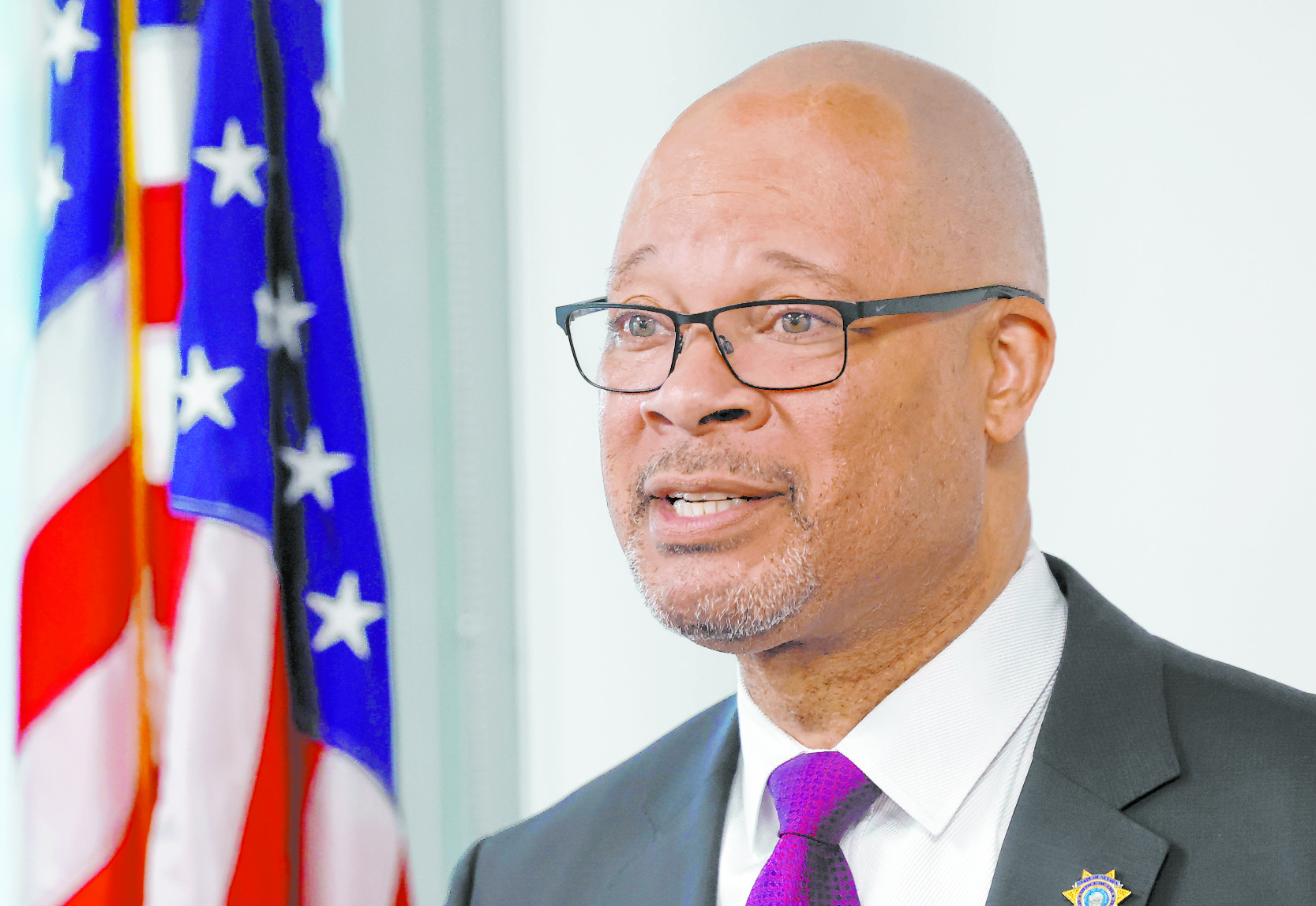
WASHINGTON — A federal court on Wednesday blocked President Donald Trump from imposing sweeping reciprocal tariffs on imports under an emergency-powers law, throwing into doubt Trump’s signature set of economic policies.
The ruling from a three-judge panel at the New York-based U.S. Court of International Trade came after several lawsuits arguing Trump has exceeded his authority and left the country’s trade policy dependent on his whims.
“I am extremely pleased with the court’s decision to strike down these tariffs; they were both unlawful and economically destructive,” said Nevada Attorney General Aaron Ford. “The president had no legal authority to impose these tariffs, and his unlawful actions would have caused billions of dollars of damage to the American economy. This decision is a win for the rule of law and for Nevadans’ pocketbooks.”
Earlier this month, Ford and a coalition of other attorneys general asked the U.S. Court of International Trade to order federal agencies to stop collecting the tariffs that Trump has imposed on most products worldwide.
Trump has repeatedly said the tariffs would force manufacturers to bring back factory jobs to the United States and generate enough revenue to reduce federal budget deficits. He used the tariffs as a negotiating cudgel in hopes of forcing other nations to negotiate agreements that favored the U.S., suggesting he would simply set the rates himself if the terms were unsatisfactory.
White House spokesperson Kush Desai said in a statement that trade deficits are a national emergency “that has decimated American communities, left our workers behind, and weakened our defense industrial base — facts that the court did not dispute.”
The administration, he said, remains “committed to using every lever of executive power to address this crisis and restore American Greatness.”
But for now, Trump might not have the threat of import taxes to exact his will on the world economy as he had intended, since doing so would require congressional approval. What remains unclear is whether the White House will respond to the ruling by pausing all of its emergency power tariffs in the interim.
The ruling amounted to a categorical rejection of the legal underpinnings of some of Trump’s signature actions of his 4-month-old second term.
The ruling faces certain appeal, and the Supreme Court will almost certainly be called upon to lend a final answer.
“The Worldwide and Retaliatory Tariff Orders exceed any authority granted to the President by IEEPA to regulate importation by means of tariffs,” the court wrote, referring to the 1977 International Emergency Economic Powers Act.
The case was heard by three judges: Timothy Reif, who was appointed by Trump; Jane Restani, named to the bench by President Ronald Reagan; and Gary Katzman, an appointee of President Barack Obama.
It was filed in the U.S. Court of International Trade, a federal court that deals specifically with civil lawsuits involving international trade law.
While tariffs must typically be approved by Congress, Trump has said he has the power to act to address the trade deficits he calls a national emergency.
He is facing at least seven lawsuits challenging the levies. The plaintiffs argued that the emergency powers law does not authorize the use of tariffs, and even if it did, the trade deficit is not an emergency because the U.S. has run a trade deficit with the rest of the world for 49 consecutive years.
Trump imposed tariffs on most of the countries in the world in an effort to reverse America’s massive and long-standing trade deficits. He earlier plastered levies on imports from Canada, China and Mexico to combat the illegal flow of immigrants and the synthetic opioids across the U.S. border.
His administration argues that courts approved then-President Richard Nixon’s emergency use of tariffs in 1971, and that only Congress, and not the courts, can determine the “political” question of whether the president’s rationale for declaring an emergency complies with the law.
Trump’s Liberation Day tariffs shook global financial markets and led many economists to downgrade the outlook for U.S. economic growth. So far, though, the tariffs appear to have had little impact on the world’s largest economy.

